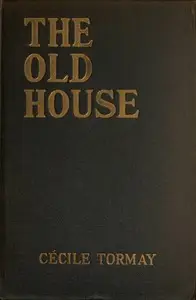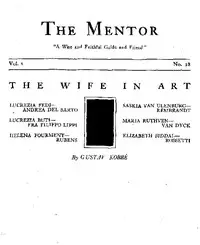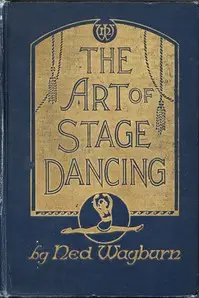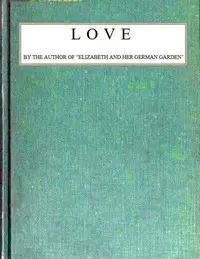"The Three Cities Trilogy: Paris, Volume 1" by Émile Zola is a story set in 19th-century Paris that examines the journey of Abbe Pierre Froment, a priest wrestling with his beliefs as religion loses its grip on society. The narrative begins with Abbe Pierre preparing for mass when he is asked to help a dying, poor painter, showing the harsh poverty of the time. The story explores Pierre's memories of his troubled faith and failed journeys to religious sites. Zola paints a picture of a city divided, where the affluent live alongside the extremely poor, and the priest must struggle with his duty to help others in a society where religious institutions are perceived to be failing those who suffer.
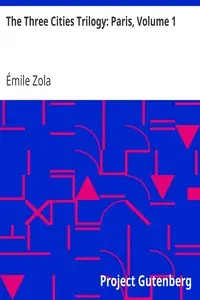
The Three Cities Trilogy: Paris, Volume 1
By Émile Zola
In a city of stark contrasts, a priest confronts his wavering faith as he witnesses the suffering of the poor and questions the role of religious institutions in a changing world.
Summary
About the AuthorÉmile Édouard Charles Antoine Zola was a French novelist, journalist, playwright, the best-known practitioner of the literary school of naturalism, and an important contributor to the development of theatrical naturalism. He was a major figure in the political liberalization of France and in the exoneration of the falsely accused and convicted army officer Alfred Dreyfus, which is encapsulated in his renowned newspaper opinion headlined J'Accuse…! Zola was nominated for the first and second Nobel prizes in literature in 1901 and 1902.
Émile Édouard Charles Antoine Zola was a French novelist, journalist, playwright, the best-known practitioner of the literary school of naturalism, and an important contributor to the development of theatrical naturalism. He was a major figure in the political liberalization of France and in the exoneration of the falsely accused and convicted army officer Alfred Dreyfus, which is encapsulated in his renowned newspaper opinion headlined J'Accuse…! Zola was nominated for the first and second Nobel prizes in literature in 1901 and 1902.

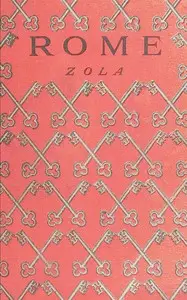

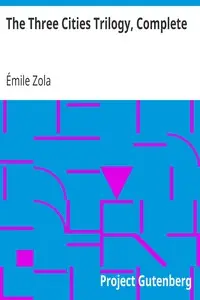
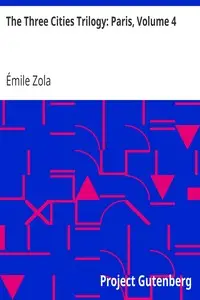
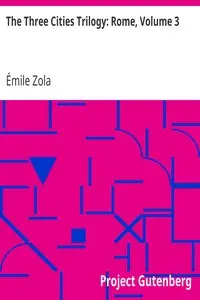
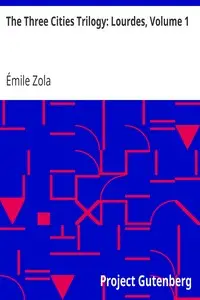
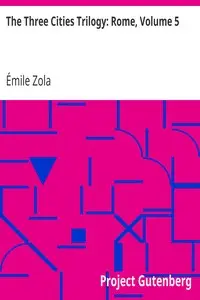

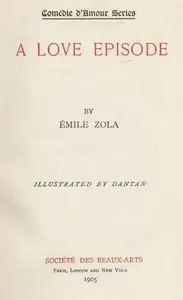
![Truth [Vérité] by Émile Zola](https://cdn.a2-host.cloud/gJadDFjYZbZy0VRwEuv6sJ-l4PPR7k_V643HFai-QzQ/rs:fill:215:325:0/g:ce/aHR0cHM6Ly9zcC1hc3NldHMuczMudXMtd2VzdC0wMDQuYmFja2JsYXplYjIuY29tL2Jvb2svNTU4NDkvVHJ1dGhfVnJpdF9jb3Zlci5qcGc.webp)


